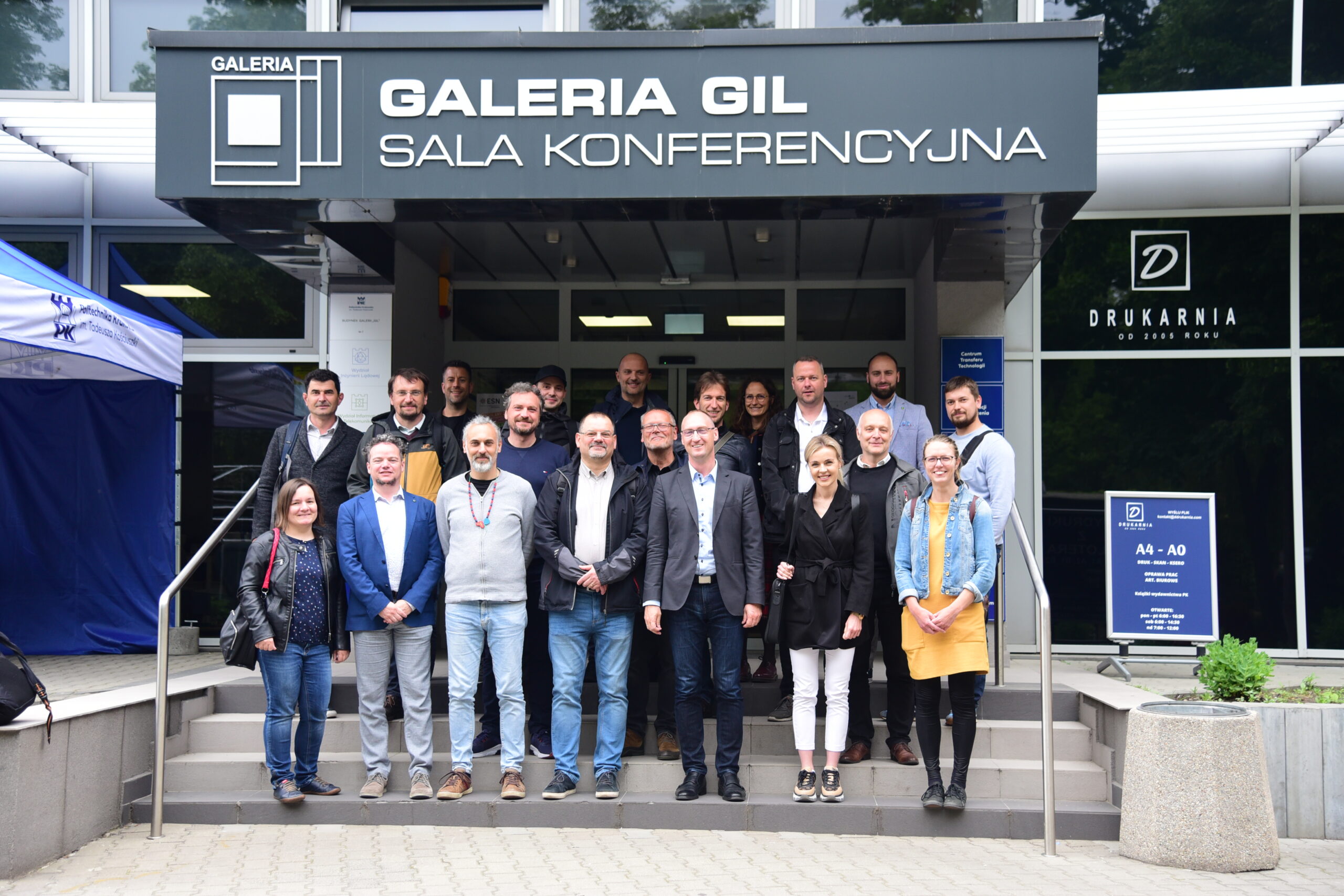The management of parking spaces has emerged as a critical issue for municipalities. As cities struggle with increasing congestion and environmental concerns, and there is also a growing awareness of the unequal allocation of public space in favor of accommodating cars, the need for effective parking policies is crucial.
ParkPAD, which stands for Parking Policy AuDit, is an innovative instrument designed to analyse the strengths and weaknesses of existing (local on-street and partly also the off-street) parking policies and to provide a basis for future enhancements.
Developed within the European funded H2020 project park4SUMP, ParkPAD has undergone testing across 16 cities and municipalities in various European countries.
ParkPAD recognizes parking policy as a dynamic process that must adapt to the evolving needs of urban environments. By assessing six key modules – Parking Policy, Parking Operation, Parking Innovation, Parking Information & Promotion, Parking Enforcement, and Parking Data – ParkPAD offers a holistic view of parking.
To analyse the parking policy in a city/municipality three different instruments have been developed: the Policy and Data Questionnaire, the ParkPAD full questionnaire, and the ParkPAD evaluator questionnaire. These tools allow to assess and refine parking policies for three stakeholder groups:
- Politicians, who are responsible for forming the local policies such as transport and parking environmental issues, economics, land use planning etc.;
- Administration/authorities who prepare and execute the parking policy but also those ones from other city departments that deal with land-use planning, green space, environment;
- Stakeholders, representatives of the local lobby groups and transport organisation, local economy, investors, citizens etc.
The ParkPAD questionnaire has a five-stage ladder of development to evaluate the quality of each module, ranging from no activities at all to fully integrated strategies. Measures and areas of action necessary to improve parking policy can be derived directly from the audit results, this allows municipalities to identify areas for improvement and set quality objectives tailored to their unique circumstances.
Through a three-phase process – 1.) collection and analysis of existing policy documents, facts & figures on parking, 2.) ParkPAD session meetings with the aim to find consensus on the assessment of the parking policy and on the priorities for measures and actions to improve this policy, and finally 3.) the creation of a Parking and Mobility Action Plan – cities get a better overview of the current parking situation and the potential improvements.
Furthermore, the recent translation of ParkPAD into Hungarian, Czech, Slovakian, and Slovenian languages made within the NXTLVL Parking project, underscore its commitment to make it available to other countries/municipalities and to help them start on the path towards sustainable and efficient parking solutions.
For more information, read the Updated ParkPAD Tool document.
